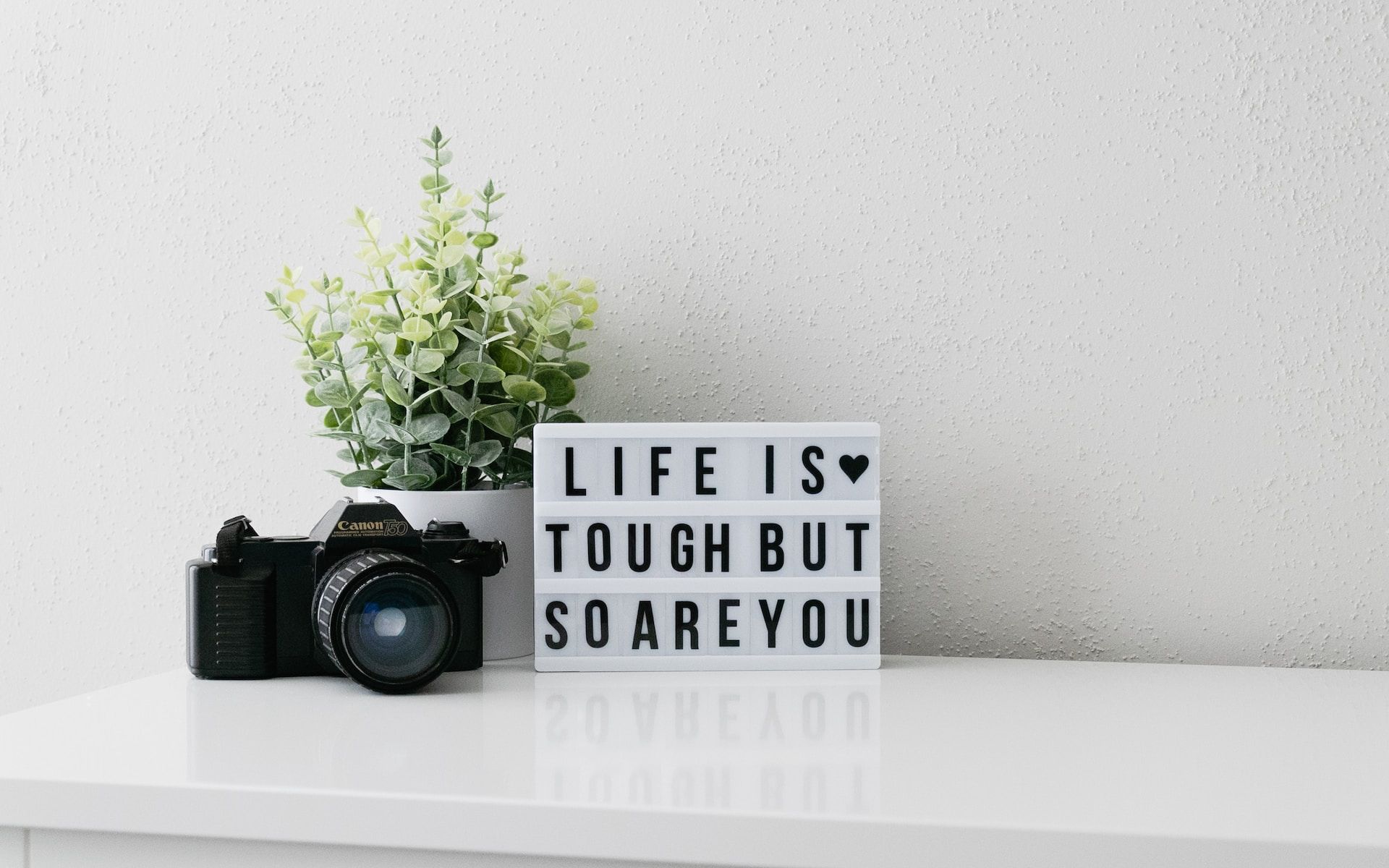Journaling to the Other Side of Anxiety
Your heart is racing and breathing no longer works the way it should. Your steady breathing is replaced by something erratic and uncontrollably faster.

Journaling for Anxiety
Your heart is racing and breathing no longer works the way it should. Your steady breathing is replaced by something erratic and uncontrollably faster. The thoughts in your brain don't seem like yours but they're there. With each new thought, there's a renewed vigor to the thumping that comes from your chest down to your toes. Your body is tingly and you know what you're going through.
The pain in your chest is so bad that it scares you the first time it happens. But as you become more familiar with the episodes, you realize that you have anxiety. You used to feel like you were driving the car and in control, but now you feel like you're spinning without a compass and you don't know where you're going to land.
How can you plan?
I know what this feels like. I've also seen what it looks like. It feels like something shameful, but it's not. Every human on earth is capable of having anxiety. It's also every human's choice how they cope with it.
How do you take the wheel back?
First, I highly recommend therapy. I have found it personally useful and I am not a therapist. However, I recognize this is not feasible for many reasons. Lack of finances, access, and availability are common limiters.
So what is a way to deal with your anxiety that's accessible, affordable, and can be on your schedule?
Enter Journaling. It does not have to be a specific method like gratitude journaling (but some great studies prove gratitude journaling is awesome).
Right now, just focus on the doing rather than the method. Let it all out. The common names for this exercise are free writing, brain dump, or vent journaling. The goal is to get your stream of consciousness on paper. The second task is to make this a new habit. It takes on average 66 days to form a new habit. Does that mean you have to do it every day?
NO.
How do you regain the feeling of control?
- You choose the coping mechanism you're learning to attack anxiety with.
- You decide how often you journal, where, and when.
- You decide if you want to digitally journal or use a physical book.
Tackle one question at a time to avoid being overwhelmed. By now, some of you are thinking, "So this is the magic bullet?" Hmm, no. But incorporating new, healthy coping mechanisms can help you gain traction over what feels like an uncontrollable experience.
Let's review.
- Journal.
- Make it a habit.
-A Very Enthusiastic Journaler
P.S. If you've made it this far, please consider signing up for the monthly 311 newsletter. Want a preview? Head here.
Stay connected with me on LinkedIn, Pinterest, and Amazon.
P.P.S. Are you a creator, blogger, writer, or just want to collaborate? Head here.


Sources
- Emmons, R. A., & McCullough, M. E. (2003). Counting blessings versus burdens: An experimental investigation of gratitude and subjective well-being in daily life. Journal of Personality and Social Psychology, 84(2), 377-389.
- Froh, J. J., & Bono, G. (2009). Gratitude and resilience: A review and synthesis of the research. Psychological Bulletin, 135(1), 182-205.
- Lally, P., van Jaarsveld, C. H. M., Potts, H. W. W., & Wardle, J. (2009). How are habits formed: Modelling habit formation in the real world. European Journal of Social Psychology, 39(6), 998–1009.



